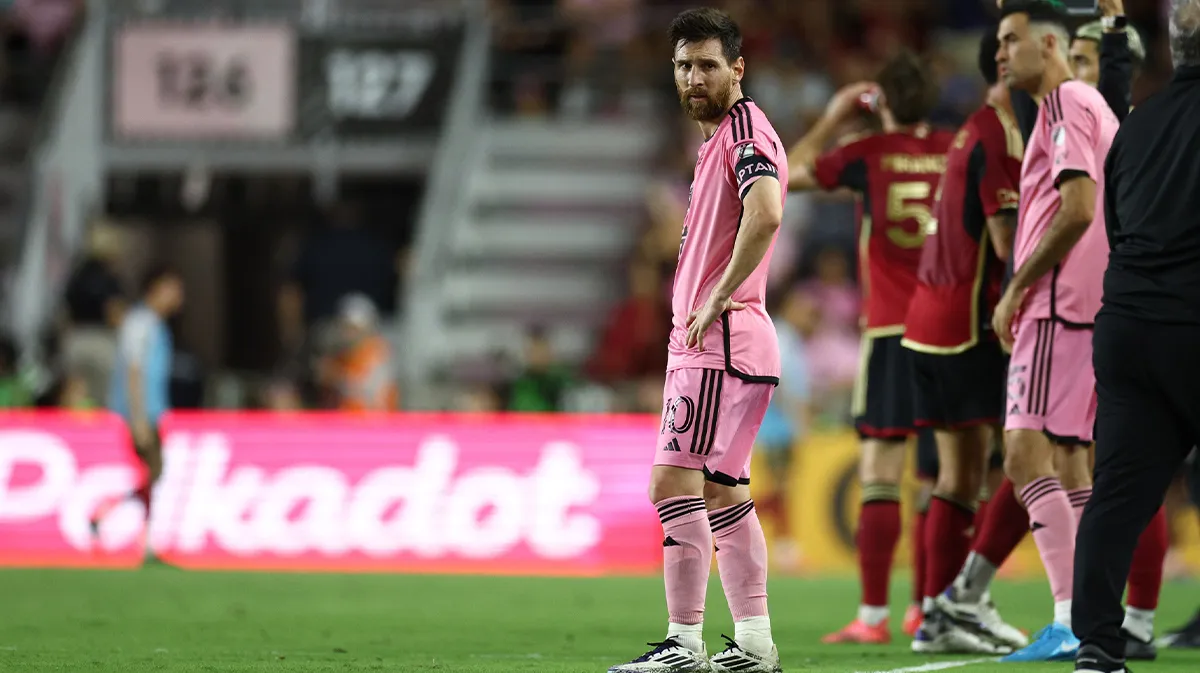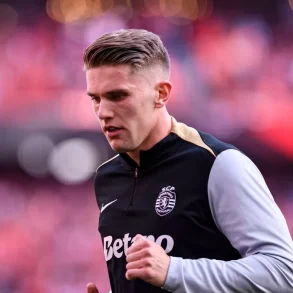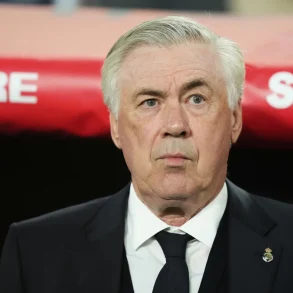The 2024 MLS playoffs took an unexpected turn as Atlanta United stunned Inter Miami, toppling Lionel Messi’s team in what many are calling the biggest upset in league history. Atlanta’s victory was particularly shocking given the vast gulf between the two teams; Inter Miami had a record-breaking 74-point season while Atlanta barely made it into the playoffs with 40 points. Messi, the centerpiece of MLS’s marketing strategy and widely considered the greatest of all time, was expected to lead Miami to MLS Cup glory. However, those plans unraveled in a chaotic and unpredictable series that saw Atlanta clinch victory.
The series was a rollercoaster of dramatic moments, from Xande Silva’s last-gasp winner at a packed Mercedes-Benz Stadium in Game 2 to Bartosz Slisz’s decisive goal in Game 3. Tempers flared, exemplified by Brad Guzan being shoved into the net during Messi’s equalizing goal. While this clash showcased the league’s chaotic, unpredictable nature, it also disrupted MLS’s carefully constructed Messi-centric narrative. Messi’s early exit from the playoffs is a blow to the league’s momentum, particularly in terms of global visibility and subscriber growth for Apple’s MLS Season Pass streaming service.
Messi’s presence has undeniably elevated MLS’s profile, bringing over two million subscribers to Season Pass by the end of last season. Inter Miami co-owner Jorge Mas and Apple CEO Tim Cook have praised Messi’s transformative impact on the league’s viewership and revenue. However, with Messi now sidelined for the playoffs, it remains uncertain how many of those fans will stay engaged with the postseason, especially when marquee matchups like Atlanta versus Orlando City lack the same global pull.

The league faces a broader question about sustainability once Messi’s contract ends, potentially next year. The significant financial investment in Messi has paid off in the short term, but MLS’s success hinges on converting the Messi hype into a durable fanbase and competitive credibility. Atlanta’s victory could serve as a pivotal moment, highlighting the league’s need to focus on broader reforms such as scheduling, playoff formats, and roster rules to capitalize on Messi’s influence while reducing over-reliance on a single star.
This upset also reignites debate about MLS’s playoff system, with Jordi Alba, Messi’s teammate, calling it “unfair” after Miami’s early exit. While playoff unpredictability can produce thrilling underdog stories like Atlanta’s, it might undermine efforts to showcase the league’s top talent and teams on the biggest stage. Some suggest the league should adopt a European-style winter schedule to align with international competitions and optimize its visibility.
Ultimately, Atlanta United’s triumph encapsulates both the best and the challenges of MLS. The league must decide whether it wants to lean into its competitive unpredictability, as the Premier League has done, or continue tying its identity to Messi and his stardom. Saturday’s game, which saw Messi become a target for the rest of the league, is a defining moment for MLS – but it also serves as a wake-up call for the league to think beyond the Messi era and carve out its long-term identity.







